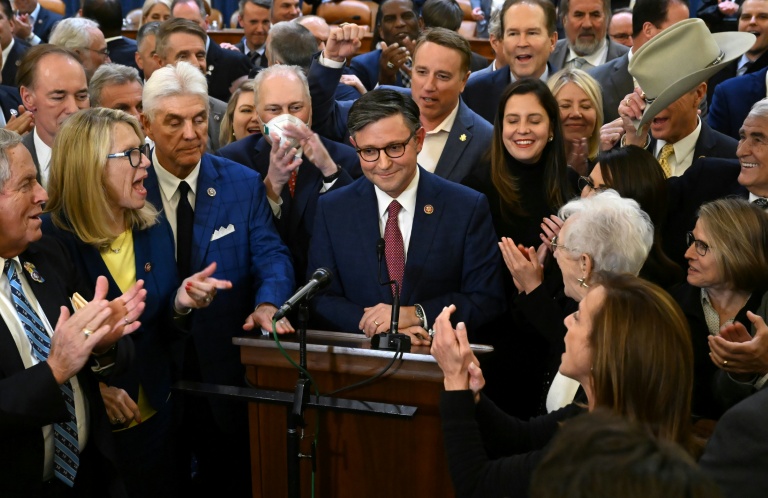GST rate card
This refers to the news report ‘High GST rates on luxury goods counter-productive’ (January 2). Given the growth and inflation pressures in the economy, a lower tax rate is critical for stimulating consumption and spurring economic activity.
Since the lines between necessities and luxuries are blurring, a relook at the tax rates of all goods is imperative for consumer welfare.
Movement of goods and services’ prices impacts demand, inflation, interest rate and investment. The inflow of funds from domestic and external investors will be adversely affected. Hence the GST must be set at a rate which will facilitate investments and growth.
VSK Pillai
Changanacherry
Tap consumer base
This refers to “High GST rate on luxury goods counterproductive” (January 2). The high GST rates prevailing in India should be viewed in the context of its growing economy with a massive consumer base.
Given that consumption expenditure drives 55-60 per cent of India’s GDP, this presents an opportunity to broaden the tax base rather than overburden goods across categories or rely on technicalities for modifying GST rates as observed during recent changes.
Most other countries have a single rate GST/VAT system, unlike India which has a complex multi-rate framework.
Also its 28 per cent GST rate on luxury goods is significantly higher than the global average.
Instead of focusing solely on revenue augmentation, India should leverage its vast consumer base, implement structural reforms, and attract investments to drive sustainable growth and economic expansion.
Srinivasan Velamur
Chennai
Revive RINL
The news about RINL revival plans is welcome. Loss-making PSUs must not be sold at a throw away price.
The divestment plan of Vizag Steel too met with resistance.
Modernising and equipping the plant to compete with the potential private players is welcome, despite the costs involved.
Nehru called PSUs as the temples of modern India and they should not be seen only for their commercial benefits but for the social gains they offer. The government is responsible for the loss or profit PSUs make. Revival efforts are welcome.
AG Rajmohan
Anantapur








Leave a Comment